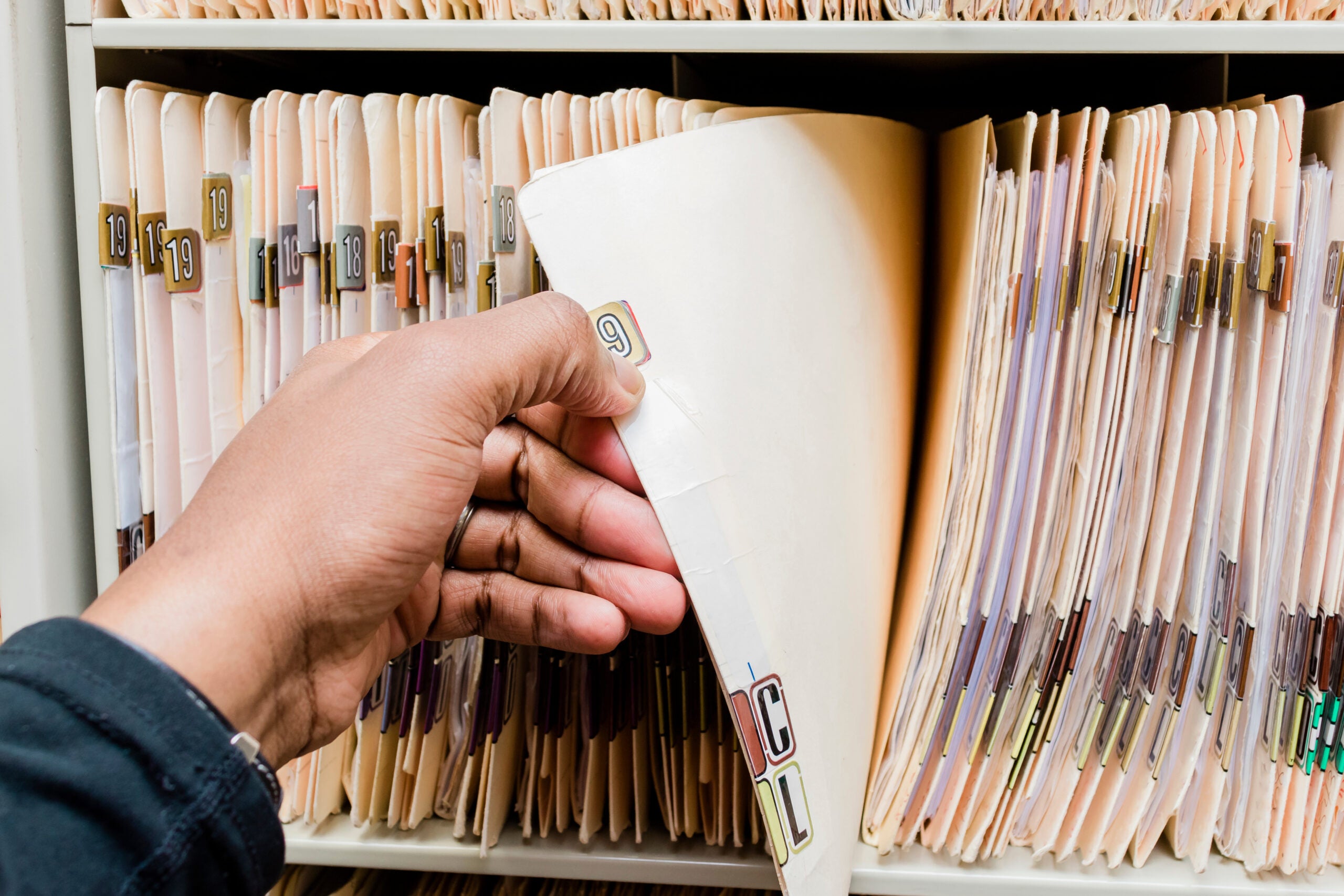
In the complex world of commerce, safeguarding your business assets is as essential as growing your business. Protecting these assets against various risks is vital for the longevity and prosperity of your enterprise. From physical assets like property and inventory to intangible assets such as intellectual property and brand reputation, a proactive strategy can help secure your business’s future. Here are comprehensive measures to protect your business assets.
Implement Strong Internal Controls
Strong internal controls are the first line of defense against errors, fraud, and theft. These should include:
- Segregation of duties: Divide responsibilities among different employees to reduce the risk of fraud or errors going undetected.
- Regular audits: Conduct regular internal and external audits to inspect the accounts and operations for any signs of mismanagement or discrepancy.
- Physical access controls: Use locks, security systems, and surveillance cameras to protect physical assets, and establish protocols for key control and access.
Invest in the Right Insurance Policies
Investing in the right insurance is crucial for business risk management. Different types of insurance cover various aspects of potential liabilities and damages. General liability insurance protects against bodily injury, property damage, and legal expenses. Property insurance covers damage to physical assets like buildings and equipment. Professional liability insurance guards against claims of negligence in services or advice. Lastly, cyber liability insurance shields against financial losses from cyber-attacks and data breaches. By securing these policies, businesses can effectively protect themselves from unforeseen risks and challenges.
Protect Intellectual Property
Intellectual property (IP) plays a pivotal role in differentiating your business, fostering innovation, and providing a competitive edge. Safeguarding your IP is not just about legal protection, but also preserving the economic value that such assets bring to your organization. Here’s how to reinforce the defense of your intellectual property:
- Apply for patents: Secure exclusive rights to your inventions.
- Trademarks: Register trademarks to protect brand names, logos, and slogans.
- Copyrights: Protect original works of authorship including writings, music, and art.
- Enforce confidentiality agreements: When sharing trade secrets or proprietary information, use nondisclosure agreements to ensure privacy.
Implement Effective Cybersecurity Measures
As businesses grow increasingly digital, cybersecurity becomes critical in asset protection strategies. Keep all systems updated with the latest security patches. Train staff on best practices for maintaining cybersecurity, recognizing phishing attempts, and handling sensitive information. Protect sensitive data with strong encryption both in transit and at rest.
Estate Planning Can Protect Your Business Assets
According to the experienced estate planning lawyers at TdD Law, business owners should complete the following to protect their assets:
- Draft a will or trust: Ensure you have a valid will or trust to delegate your business assets and responsibilities appropriately.
- Living Trusts: A living trust can be a beneficial tool for business owners because it provides for the transfer of business assets without going through probate, which can be a lengthy and public process. Assets placed in a living trust can be managed by a trusted individual or entity according to the terms set forth in the trust document.
- Power of Attorney (POA): Designate a trusted individual to make decisions on behalf of the business if you become incapacitated.
- Buy-sell agreement: This agreement outlines what happens to a business owner’s share of the company if they pass away, become disabled, or leave the company.
- Succession Planning: This is a key strategy for business continuity. A well-drafted succession plan outlines who will take over the business in the event of your retirement, incapacitation, or death. It should be a detailed document that spells out operational aspects and how new leadership transitions are to occur. This clarity is crucial for employees, customers, and investors, and contributes to the stability of the business during challenging times.
- Life Insurance: Many business owners take out life insurance policies that can be used to support the business in the event of their death. The payout can provide necessary funds for the business to sustain operations or for buy-sell agreements to finance the purchase of the deceased owner’s interest.
- Clear Instructions for Debt and Liabilities: A comprehensive estate plan should address how to handle business debts and liabilities. Including how to manage outstanding loans, lines of credit, or other financial obligations is a critical part of protecting your business assets and the interests of your heirs and successors.
Keep Accurate Records
Maintain thorough and accurate records for all aspects of your business including financial transactions, contracts, employee information, and legal documents. These records not only help in the smooth operation of your business but also provide necessary documentation in the event of legal scrutiny or disputes.
By taking these proactive steps, you can place your business in a much stronger position to withstand unforeseen challenges and threats. Remember, protecting your business assets is not a one-time project but an ongoing process that demands regular attention and adjustment. With a solid foundation in place, you can focus on building and growing your business with peace of mind, knowing your assets are secure.
830 Views











